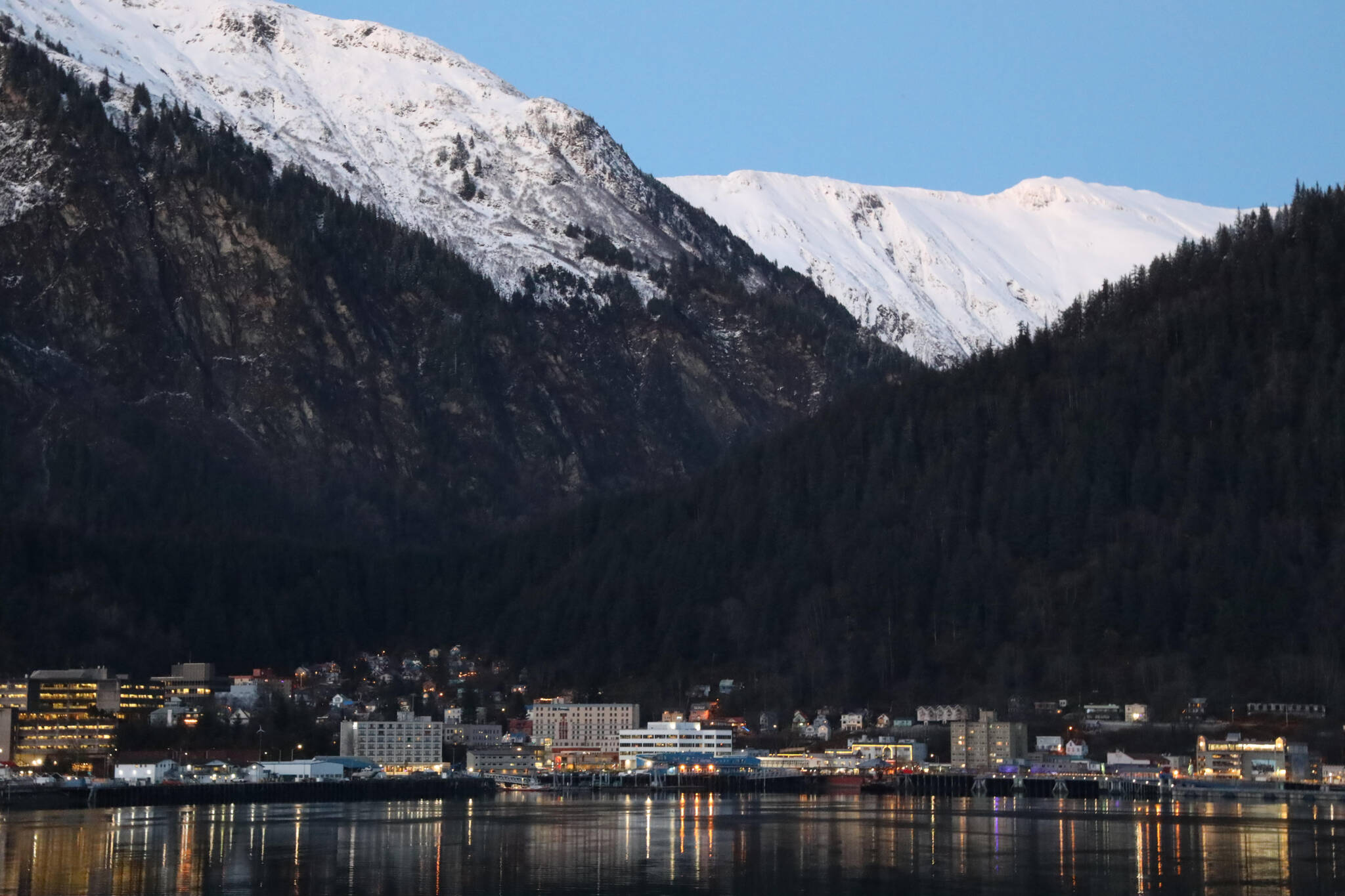Between July and September of this year, the City and Borough of Juneau collected more than $20.2 million in sales tax revenue — $2.3 million more than originally expected. However, according to Jeff Rogers, CBJ finance director, it doesn’t necessarily mean the city has more money to spend because of it.
“It can mean a lot of things, Rogers said. “It could mean I’m just bad at forecasting sales tax or that the economy is stronger than we thought it would be — but it’s also clear inflation is significantly apparent in the community and obviously inflation significantly increases sales tax.”
According to Rogers, the unexpected $2.3 million will go into the city’s general funds.
In response to the quarter’s unexpected unease in sales tax revenue, Rogers adjusted the budget for the remainder of the fiscal year to expect the city’s sales tax revenue to pull in $7 million more than budgeted last spring.
However, he said it’s unlikely this extra cash will spur any initiatives by the Assembly as he pointed out, just like its citizens, the city isn’t immune to the inflation happening right now.
“Inflation will eventually be bad for our economy — we probably had an equal amount of inflation on our costs,” Rogers said. “It’s hard to imagine that more sales tax revenue means we can do more due to the elevated costs we’re seeing — with the rise in inflation, things cost more for the city too.”
Roger’s said though inflation definitely is the most significant factor, it’s not the only cause.
“It’s a mixed bag,” he said.
Rogers explained though the city only knows the data from the first quarter of this fiscal year, he said the rise may very well be an indicator that Juneau’s economy is starting to regain pre-pandemic traction more than he expected when making the original forecast.
“I think we’re starting to see a pre-pandemic economy, ” he said. “I think it really comes down to three things: Ironman, inflation and healthy spending by tourism and locals.”
In a memo shared at last week’s Finance Committee meeting, Roger’s stated Juneau received around the same number of ships and passengers forecast, and Juneau residents appeared to be back to “pre-pandemic” local consumption levels, which he indicated in the memo could mean the increased sales tax performance could become a pattern. However, he said he’s hesitant to confirm this pattern until the second quarter data is known.
“That quarter could confirm the continued trend, or it could suggest that the first quarter of the year was indeed anomalous,” he said. “We want to see long-term inflation come down and see economic activity go up.”
Carole Triem, Assembly member and Finance Committee chair, said she thinks the unexpectedly strong quarter is good as it means the city has more money, but she said she’s not in a hurry to spend it on anything specific.
“For me, it just feels like we have more breathing room,” Triem said. “But, it’s always good news — I’m happy to hear that we have more money than we thought we would,”
She said the information will most definitely get discussed at the Assembly’s upcoming retreat and said she thinks it’s likely the Assembly will have a broader discussion about it but noted she there is nothing specific the money is planned to go towards at this time.
Triem said she thinks the increase means the city’s economy is starting to recover after a few years of hardship but said she is holding her breath until later down the line to see if the rise will become a trend or if it’s just a “blip.”
“I think it means the summer tourism industry is working in Juneau and is a big driver of the economy — it seems to be back in business,” she said.
Along with this increase in sales tax collected, the city is set to receive a handful of one-time revenues, including $3.9 million of ARPA revenue, approximately $1 million of pandemic-related support for transit and around $770,000 in surplus from the state’s Community Assistance Program during this fiscal year.
If all goes to plan, is expected to turn the city’s $6 million deficit into a projected $21.3 million surplus for bringing its unrestricted general fund balance from $8.7 million at the end of the 2022 fiscal year to $30.1 million at the end of the 2023 fiscal year.
• Contact reporter Clarise Larson at clarise.larson@juneauempire.com or (651)-528-1807. Follow her on Twitter at @clariselarson.

